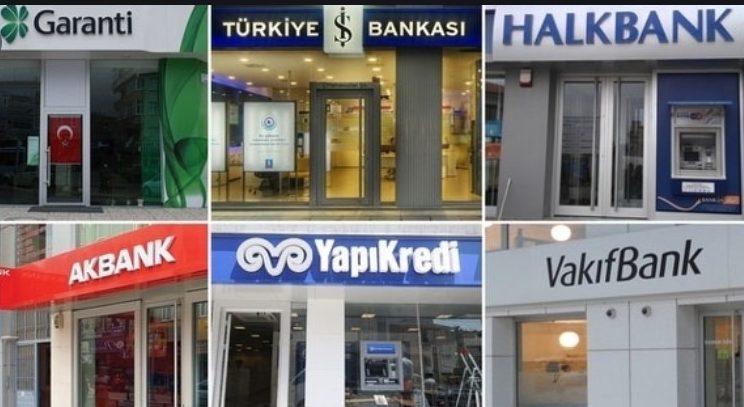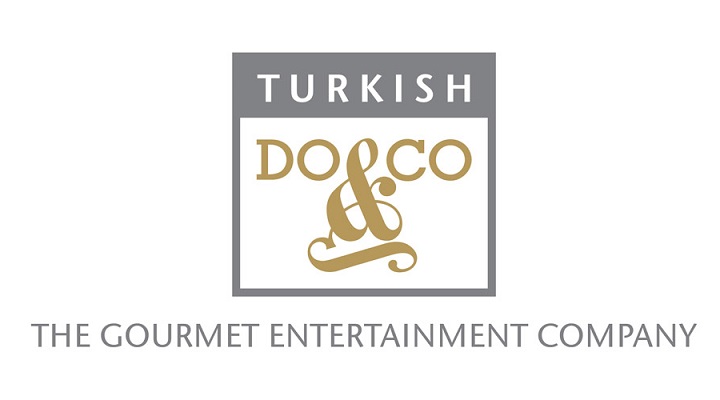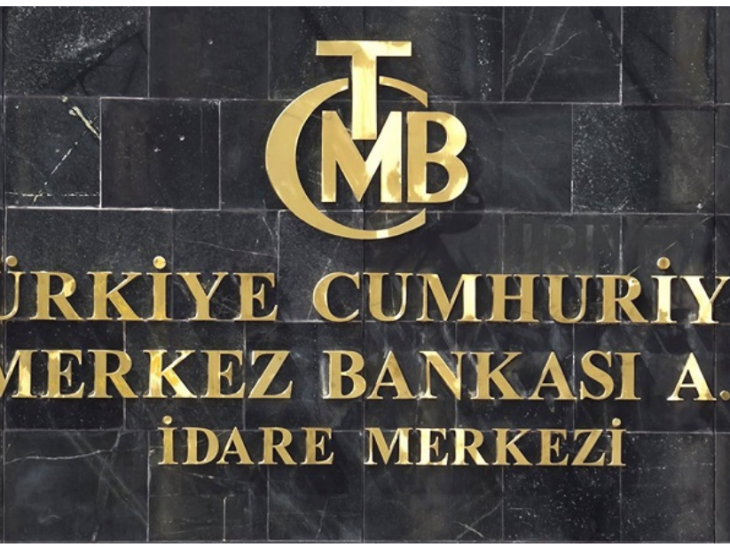Turkish Private Banks: Skewed risk reward
 banka
banka
Valuations don’t look very tempting in the context of macro uncertainty
With this note, we recalibrate our estimates for the current market implied policy rate curve that peaks around 35% and HSBC FX team’s 24.00 USDTRY projection for YE23. Accordingly, we expect earnings to contract 30% in 2023 on rising funding costs and recover 51% in 2024e on upwards repricing of loans. Turkish banks are trading at USD- based 1Y forward P/B of 0.67x which is only at 23% discount to GEM banks and doesn’t seem too tempting given Turkish banks weaker near-term earnings. Compared to the last 8Y trading range, the current discount implies a risk/reward profile of 2:1, which doesn’t chime with the binary outlook for policy direction.
Pressure on core PPI has risen as operating expenses got out of hand
We wrote previously on our expectations of a policy induced margin squeeze (Turkish Banks: Payback time, 23 January 2023). Indeed, spreads on new loans turned deeply negative due to regulatory caps on lending rates and fierce deposit competition. Assuming non-deposit costs spike in 2H23, we expect NII to contract 21% in 2023 (previously 20%). Meanwhile, 2M23 data suggests opex will double for the second year in a row (previously HSBCe 80%). As such, we see core PPI down 47% in 2023 (previously 39%), but these headwinds might get partially offset with trading gains, fixed asset revaluations, strong subsidiary income and a lower effective tax rate. All in all, we forecast earnings to contract 30% in 2023 (previously 34%).
We upgrade YKB to Buy; maintain Hold on others: We remain cautious and maintain Hold on Akbank, Garanti and Isbank. Having said that, YKB’s relatively better loan yield and funding cost evolution in last couple of quarters amid lending rate caps and rising deposit costs imply that it might weather 2023 better. Trading at 23e 0.57x P/B the stock looks inexpensive and we reiterate our view that that YKB could be perceived as the proxy name in the Turkish banks’ space in the absence of Garanti if and when foreign investor interest returns to the market.
HSBC Global Research




